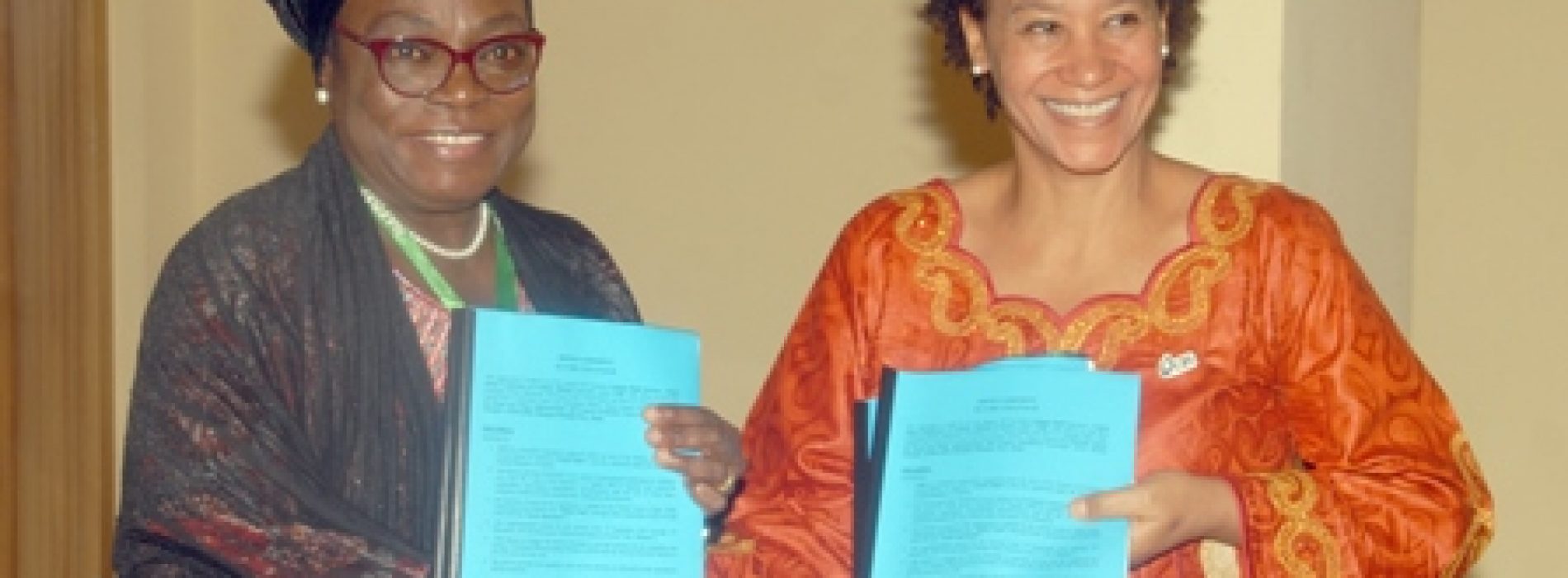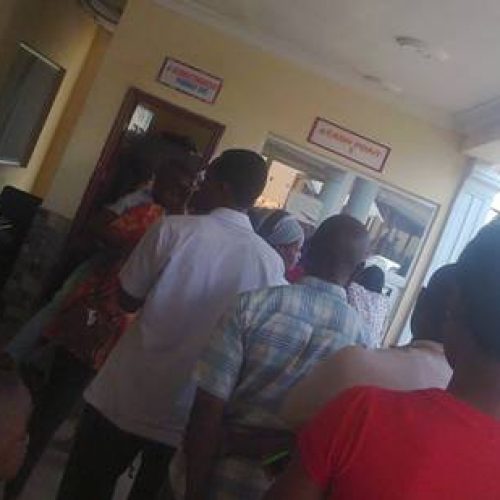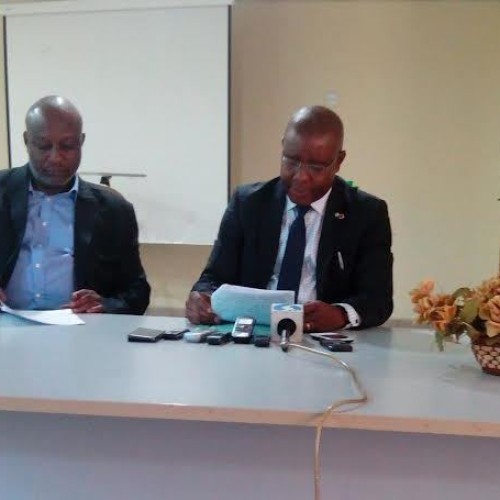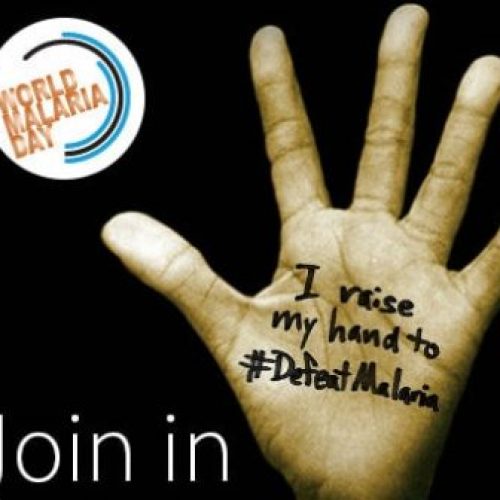CRS endorses NAFDAC labs for Global Fund-sponsored programme implementation

Ag Director General, NAFDAC, Mrs Yetunde Oni (Laft) and the Country Director, Catholic Relief Services (CRS) Mrs Rebecca Hallam Bassey during the signing of MoU between NAFDAC and CRS in Abuja yesterday
Abuja – The recently accredited laboratories of National Agency for Food and Drugs Administration and Control, (N
AFDAC) have been endorsed by a principal recipient of Global Fund, Catholic Relief Services (CRS) for monitoring and testing of drugs being used for its malaria elimination and other health interventions across the country.
Until now, CRS and similar institutions in the country relied on facilities outside the country for their tests. With the signing of a Memoranda of Understanding (MoU) with NAFDAC in Abuja on Monday, CRS believes costs will be saved as NAFDAC’s laboratories, which have already attained the status of ISO 17025 that makes the labs compare with the best in the world, will ensure quality results are delivered faster.
CRS is an overseas relief and development agency of the United States conference of Catholic Bishops, (USCCB) founded in 1943 with a mandate to bring succour to the poor and needy regardless of their race, creed or gender.
The NGO’s signature programme areas include health, agriculture, emergency response and recovery. With over 25 years of operations in Nigeria, and presence in 32 of the country’s 36 states, including Abuja, CRS has demonstrated its extensive grassroots network and significant capacity to reach the poor, said a statement made available to Nigeria Health Online at the signing of the MoU by the organization.
CRS is this year a principal recipient of the Global Fund for the public sector and co-implementing with the National Malaria Elimination Programme (NMEP) that is playing the role of oversight and coordination on the grant. The scope of implementation covers 24 malaria high burden states which include Akwa Ibom, Anambra, Bauchi, Edo, Ekiti, Benue, Cross Rivers among others.
Speaking at the event, the Country Representative, CRS Nigeria Programme, Rebecca Hallam, said routine monitoring of the quality of FPPs is very critical to the organization, Nigeria, as well as the Global Fund, which has made it a key requirement of malaria grant implementation.
“As a PR of the Global Fund malaria grant in Nigeria, CRS in line with the Global Fund’s regulations is required to monitor the quality of FPPs namely ACTs, Sulfadoxine/Pyrimethamine, and artesunate injection, in the supply pipeline.
“The samples of the health products are to be collected routinely and tested in WHO pre-qualified or ISO 17025 accredited laboratories. The attainment of NAFDAC’s to the status of ISO 17025 accreditation has necessitated the selection of NAFDAC’s laboratory CRS for the sampling and quality control testing of FPPs procured using the Global Fund resources. This forms the strong basis of CRS’s collaboration with NAFDAC in addition to NAFDAC’s role as the National Drug Regulatory Agency for Nigeria.
“It is worth of mention that in the past, all implementers in Nigeria used to send their samples to laboratories outside of Nigeria for testing. We therefore congratulate NAFDAC for the hard work towards achieving her ISO 17025 accreditation, and all the entities that have supported NAFDAC towards that, especially the United States Pharmacopoeia through the support of PMI.
“The role of the Food and Drug Services Department of the Federal Ministry of Health is very commendable in ensuring that there is robust system for the monitoring of the quality of medicines in Nigeria. CRS as a Principal Recipient will work with the Global Fund to identify other areas of support to NAFDAC in performing of the role as the National Regulatory Agency, within the provision of the Global Fund for such an agency, for the purpose of improvement of the Nigeria quality assurance system,” she said.
The Acting Director-General, NAFDAC, Pharmacist Yetunde Oni, said at the meeting that in combating or reducing the menace of malaria, there are two key issues that are involved.
Both are quality and availability of medicines, she said. She appealed that all drugs that could be manufactured locally should be patronized by CRS and relevant organizations in the country.
“I make bold to say that we have four laboratories of NAFDAC out of the seven that we have, covering all the six geo-political zones of the country. Four of them are ISO 17025 accredited. Three of these four analyze drugs. One is specifically dedicated to food and allied products.
“These four are the Central Control Lab in Yaba; the Area Lab in Kaduna and the Agulu Lab in Agulu South-East zone of the country. Those three analyze drugs in addition to other products by NAFDAC. Other products regulated by NAFDAC are food, drugs, chemicals, medical devices, cosmetics, packaged drinks and water and detergents,” she said.
She added that CRS believed that using NAFDAC’s lab, the result it would get would compete with what it would get from any laboratory across the globe.

L-R: Representative of the minister of health, Pharm. Beauty Okologo; Ag Director General, National Agency for Food and Drugs Administration Commission, Mrs Yetunde Oni; Country director, Catholic Relief Services (CRS) Mrs Rebecca Hallam Bassey and United States Pharmacopeis Dr. Chimezie Anyakora at the signing of the MoU.
About author
You might also like
Patients in distress as Kubwa General Hospital introduces data computerisation
Long queues at cash points New system too slow to cope with large crowd of patients Patients wait for hours before treatment Hospital promises respite soon ABUJA – Patients now
Rivers doctors begin strike
… protest incessant kidnap of colleagues Medical doctors in Rivers today commenced a three-day strike to protest the frequent abduction of medical doctors in the state. Addressing a press conference
World Malaria Day: World leaders renew commitments
As the World Malaria Day is marked globally today, world leaders from across the globe meeting in Paris have renewed commitments and announce new initiatives to accelerate the global movement







0 Comments
No Comments Yet!
You can be first to comment this post!